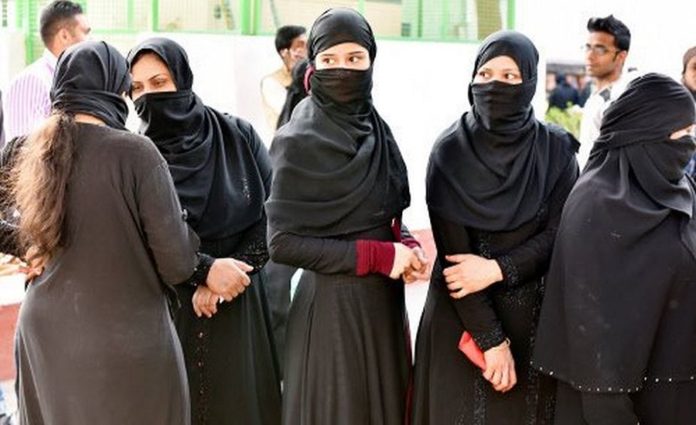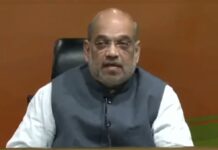India is once again on the brink of communal tensions rising due to the triple talaq issue that has been dominating the scene of gender rights and women’s empowerment.
A bill seeks to criminalize the practice of instant triple talaq will be introduced by the central govt. in the parliament this week. It has been announced by Union Parliamentary Affairs Minister Ananth Kumar. Last week it was cleared by the Union Cabinet.
The country that has been trying to project its secular image by boosting the morale and confidence of its women population has found itself in the middle of communal violence. This time the issue is triple talaq. An age-old practice where the men of a minority community in India- Islam, can orally divorce his wife, without citing reasons, or going through the regular channels of law, has been contested by five writ petitions submitted by five different Muslim women in the Supreme Court of India.
The triple talaq is a practice that has been part of the Sharia law, the code of rules and regulations that has been set for the Muslim community to follow since the time of antiquity. As a matter of fact, a lot of countries that are Muslim in religious majorities like Pakistan, Bangladesh, and Tunisia etc have abolished this rule, as it truly puts the women in a position of subjugation and constant fear. Yet the All-India Muslim Personal Law Board refuses it except the abolishment of this law, whereby a man can divorce his wife by pronouncing “talaq” three times.
Following the filing of the lawsuits, there was an uproar from the Muslim community all around the country declaring the fatwa against ruling politicians, whom they believe is out to eradicate their religious sovereignty. On 16th October 2015, the Chief Justice of India decided to set up a bench where the position of the Muslim woman in the community would be investigated, so that any form of gender discrimination or harm can be eradicated from their living status.
On 2016, Attorney General Mukul Rohtagi was asked by the Supreme Court to assist in pleas that challenge the validity of the triple talaq or “nikah halal”, saying that the practice would be tested against the fundamental rights of citizens in the Indian Constitution.
The Central Government, on the other hand, has maintained again and again that the triple talaq is an issue that is intra-communal in nature and not inter. A bench of 5 judges from 5 different faith was put together to hear the cases of triple talaq in the Supreme Court, they were Chief-Justice JS Khehar (Sikh), Justices Kurian Joseph (Christian), RF Nariman (Parsi), UU Lalit (Hindu) and Abdul Nazeer (Muslim) to maintain religious neutrality in the verdict.
On 22nd August 2017, the Supreme Court ruled against the practice calling it “void and illegal”, but this decision came in a favor of 3:2, i.e. 3 judges agreed with this decision while two did not.
At this juncture, the Supreme Court put the decision on hold and asked the central government to frame a law for these particular beneficiaries in the duration of 6 months. As of currently, that 6 month period is drawing to a close and the nation is awaiting the government law to deal with this particular issue.




